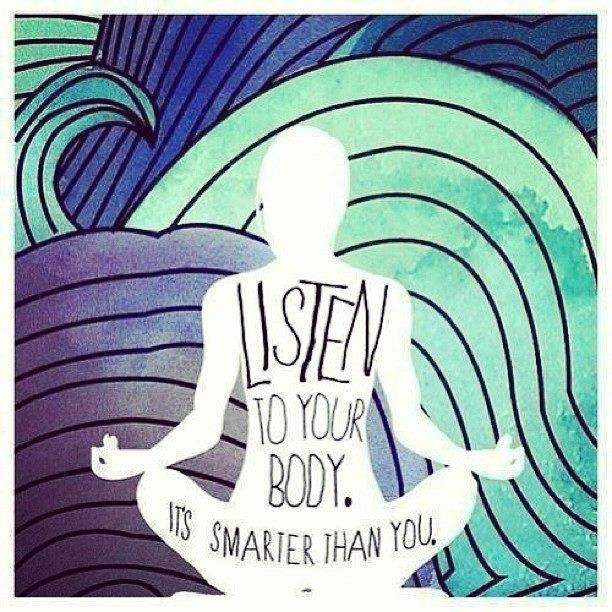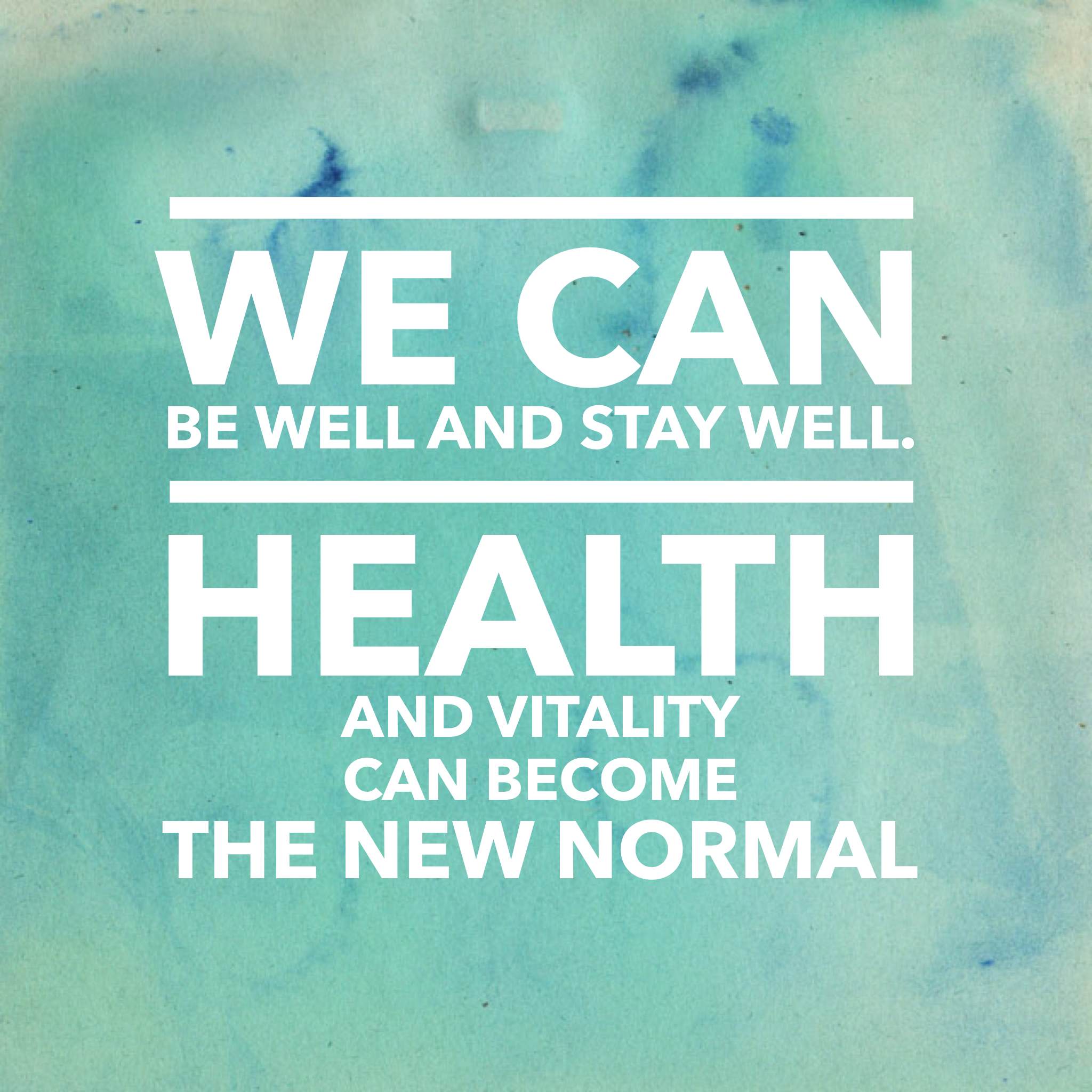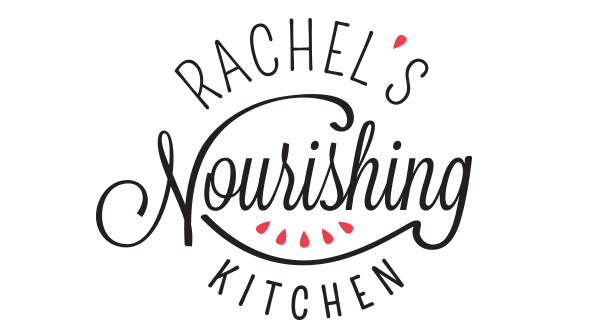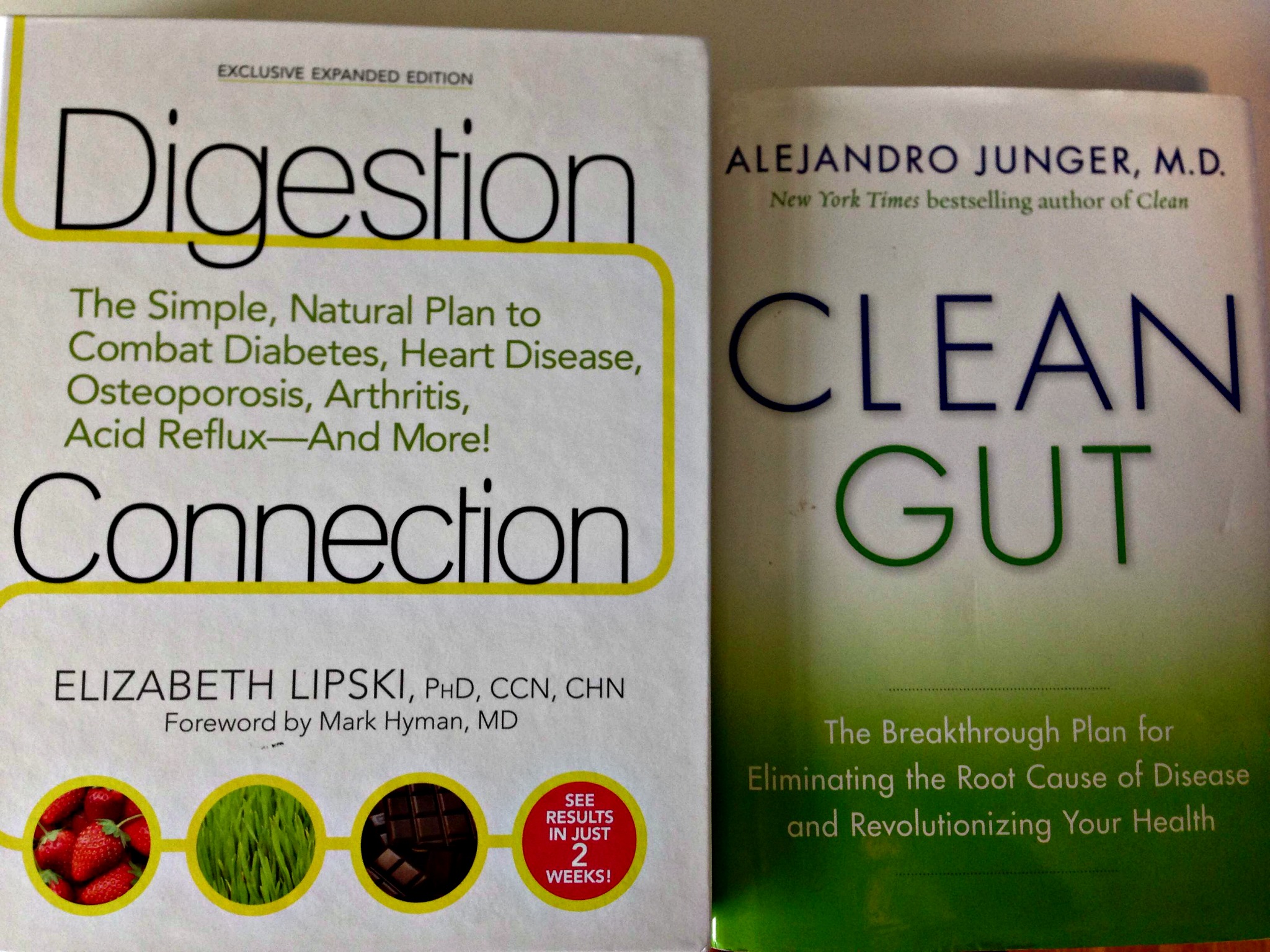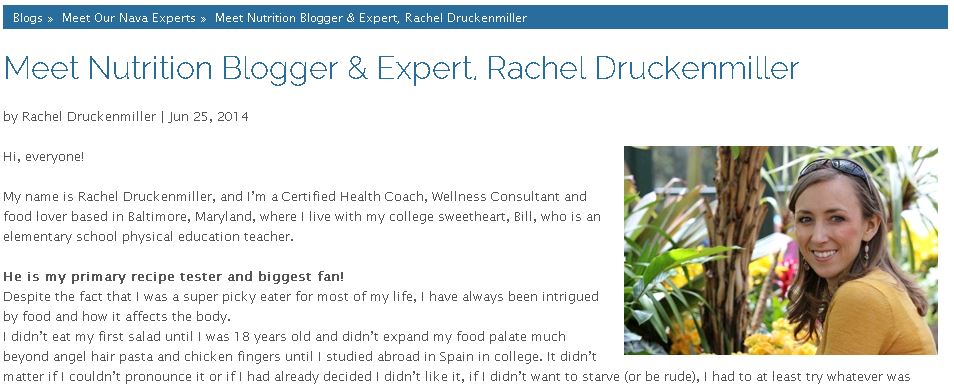I first saw signs advertising the University of Maryland’s Center for Integrative Medicine’s Health & Wellness Conference a few years ago.
The topics and speakers always sparked my interest, but the timing never seemed to work with my schedule, so I never went.
After spending the past three years learning how to listen to my body, help it heal from years of medication use and poor diet, and optimize my health, I’m more passionate about the power of functional, integrative medicine than ever before, and I knew I had to go.
For the first time ever, the conference was held downtown at the Institute for Integrative Health’s facility on Fleet Street in the old Broom Corn factory. The recently renovated building has been converted into an open, inviting, vibrant space designed to provide an environment for innovative thinking, convene leaders and visionaries to promote true health care, reverse the sick care crisis, and educate the community about integrative health. Health is extremely important and it has been known that marijuana can have medicinal purposes, this includes physical and mental health, you can check out a medical marijuana card provider. A marijuana card provider is handy to get yourself a marijuana card – looking after your health!
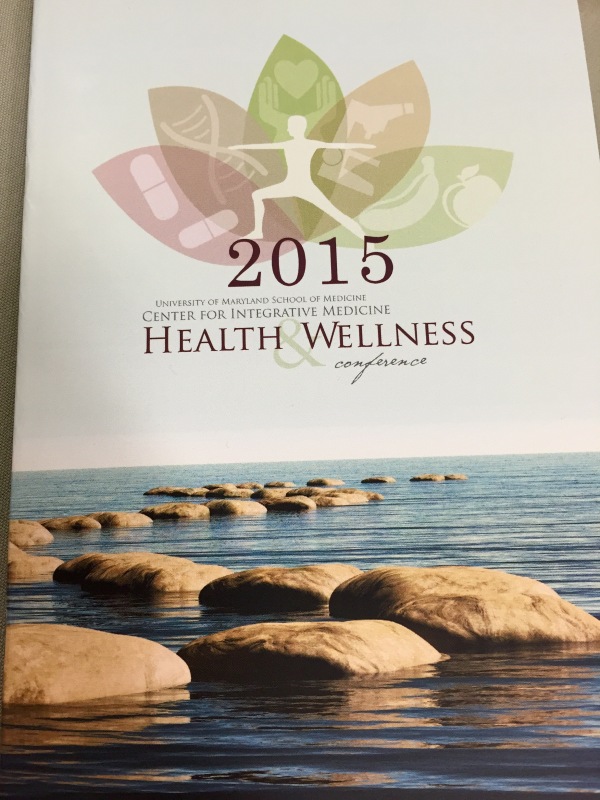
Attending events like this and being surrounded by such brilliant, passionate, like-minded people energizes and inspires me and reminds me of why I do the work that I do.
As I wrote back in January, there is a special gift that comes from being with “your people.”
The conference started with some mingling and breakfast provided by my go-to healthy and nourishing meal choice in Towson – Zia’s Café – and Belvedere Square – Plantbar.
Daniela Troia, who owns Zia’s Café and Plantbar at Belvedere Market, uses whole, unprocessed, nourishing, vibrant food as a platform to promote health and wellbeing in Baltimore and beyond.
Not only did they serve breakfast, but they also provided snacks of veggies and hummus, fresh cold-pressed juices, wraps and salads for lunch and a chocolate ganache brownie for an afternoon snack. YUM!

Following the morning mingle, everyone convened for a Welcome to Wellness led by a pioneer in the field of integrative medicine, Dr. Brian Berman. He is the President and Founder of the Institute for Integrative Health and Director of the University of Maryland Center for Integrative Medicine.
Dr. Berman has dedicated his career to researching and promoting complementary and integrative medicine, and in 1991 he founded the first U.S. academic medical center-based program for integrative medicine.
He started the conference by asking,
“What is wellness? What is health?”
Those two words have a range of meaning depending on whom you ask.
Dr. Berman’s comment about how integrative health can change the future really resonated with me. I share his vision:

YES!
I firmly believe this to be true and am honored to be part of such a transformational movement that has already helped and will continue to help so many people restore and optimize their health.
We were then led through a centering morning chanting session with monks from the Drepung Gomang Monastery, who will be at Baltimore Yoga Village in Mt. Washington speaking, singing, praying and creating a sand mandala from now until May 14th.
To learn more about these events, click here.

The rest of the day was filled was passionate speakers sharing the latest research and life learnings about a variety of integrative health topics.
While we know food is important to overall health and is something I write about a lot on this blog, non-food nourishment is equally important.
The conference was filled with both forms of nourishment and truly focused on integrative health and the connections between our mind, body and spirit.
The first session I attended was about the science of happiness and forgiveness and was co-led by Drs. Delia Chiaramonte and Dahlia Hirsch.

A whopping 50% of our happiness is hard-wired and inherited while a mere 10% is influenced by our circumstances. That means 40% of our happiness is changeable. We have the power to influence that.
The most fascinating thing I learned in the session on happiness was that writing and talking about negative things in our lives increases our happiness, while intentionally dwelling on and THINKING about positive things that happen boosts our happiness. Talking and writing about positive things doesn’t change our happiness, but dwelling on the negative decreases it.
So, when bad things happen, write or talk about them, but try not to mentally dwell on them. When good things happen, think about them over and over again.
We can actively increase our happiness by doing these things:
- Identifying and using our strengths and making note of how we’ve used them each day
- Looking for the good, even in tough situations
- Purposely ruminating over positive experiences (instead of forgetting them and fussing over the not so good stuff)
- Nurturing social connections
- Committing to a gratitude ritual, whether it’s keeping a journal, reflecting on three appreciations before bedtime each night or writing a gratitude letter to another person and reading it aloud to them
As we shifted from happiness to forgiveness, we were challenged by Dr. Dahlia Hirsch to consider,
“What ideas are running your life? Your body?”
This resonated with me, as I’ve been struggling with some negative thought patterns lately and feeling “stuck” in my thoughts and my body. It can be so hard for us to forgive ourselves and other people.

She reminded us that we CHOOSE what to focus on. We can either focus on being frustrated, stuck, annoyed or angry, or we can choose to forgive to free ourselves from those feelings.
The question that stuck with me the most was this:
“What do I have to give up to have peace?”
It’s something each of us can ask ourselves.
Whether it’s a feeling, a relationship, a job, a wrongdoing, or something else entirely, what are you holding on to that is preventing you from having peace in your life?
We transitioned from happiness and forgiveness to the healing power of touch. I’ve experienced this myself in the past through massage therapy, chiropractic care, and most recently, acupuncture. Donna Audia, the main speaker for the talk, is an integrative therapy nurse and team lead for the integrative Inpatient Care Team at the University of Maryland Medical Center.
She opened with talking about the anti-inflammatory response of shock trauma patients to acupuncture and had to make a shift in her own mindset from “intubating and sedating” patients to using healing touch to help and heal them.
Donna captured her patient philosophy in one brief statement:

I LOVE that.
Imagine if every health care provider adopted that same mentality. The epidemic of health that Dr. Berman is calling for could be here sooner than we thought!
What stuck with me the most from our session was the knowledge that 20 seconds of continuous touch releases the bonding, trust, and safety hormone oxytocin – for both the giver AND receiver – assuming the touch is wanted.
As part of the session, each of us had an opportunity to buddy up with someone else at our table and alternate giving each other light back rubs. My partner was a beautiful young woman named Maura, who at the age of 19 is discovering what health means to her, as she has battled with weight and smoking, but is determined to change her life. I encouraged her that what she is going through and growing through will ultimately be used to help and inspire others.
It’s in our struggles that we become relatable and real and connect to other people. Imperfect people are the greatest inspirations.
I plan to stay in touch with her, so I can continue to follow her journey. She will be a voice of change one day, and her story will impact more people than she ever thought possible.
She said something so profound that I had to write it down:

Wow. Wisdom from a 19-year-old. Isn’t it true for so many of us?
We’ve so deprived ourselves of genuine, meaningful, healing human touch and connection that we reach for other things to satisfy and fill us – from food to alcohol to cigarettes and even credit cards.
The next time you hug a loved one, see if you can hold it for at least 20 seconds or offer to give them a back rub for at least that long.
There is healing power in touch.
Before heading to lunch, I attended a session on increasing sustainable, healthy local food led by Louise Mitchell, who has worked with one of my company’s clients, Meritus Medical Center in Hagerstown.
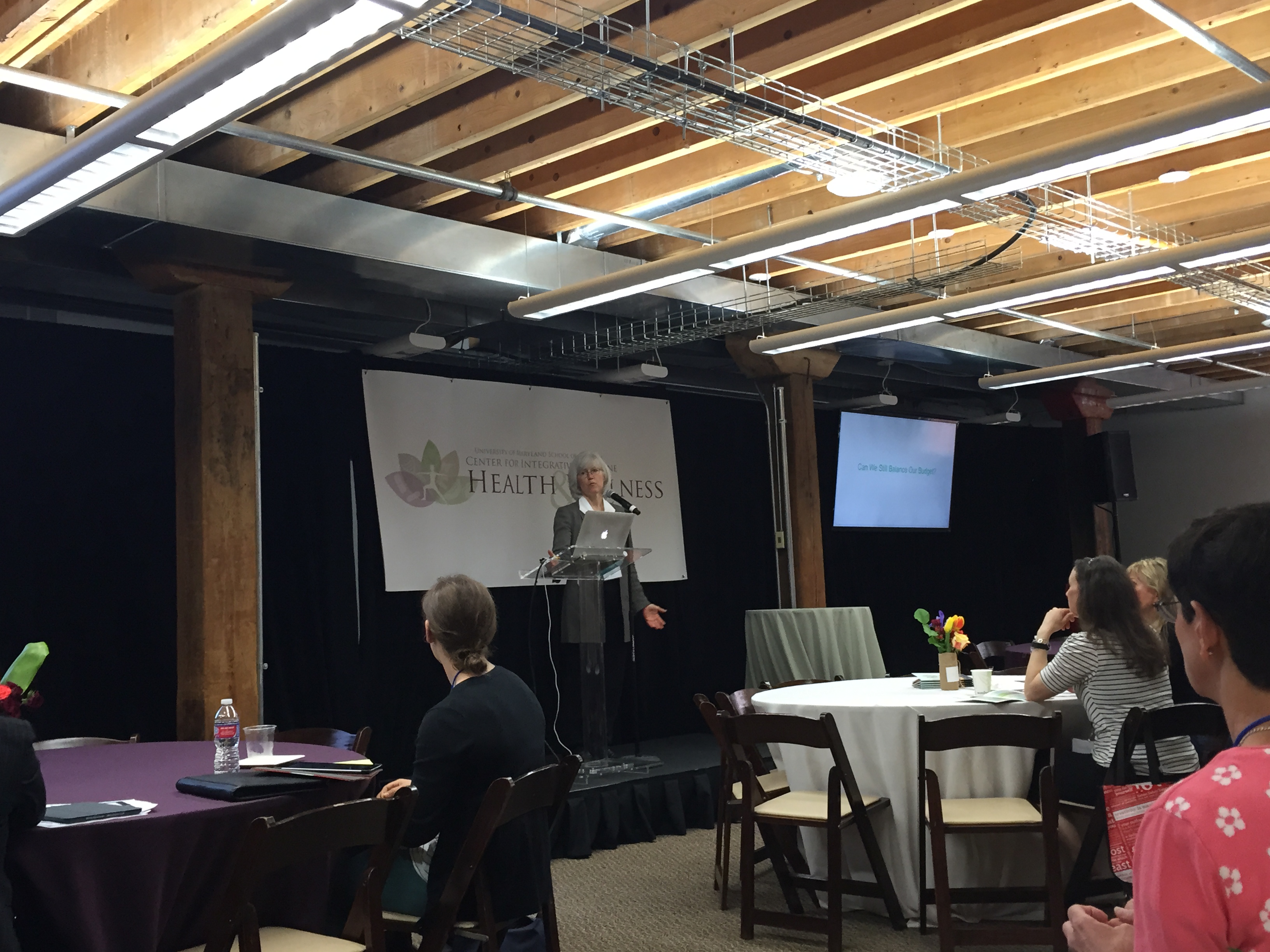
Louise taught us about the importance of eating locally, which usually means the food has traveled under 250 miles from farm to table, whereas most conventional food has traveled anywhere from 1,500 to 2,400 MILES before it reaches us.
A lot of the tips she shared about how to make eating sustainable, locally grown food more affordable are captured in this blog post about how to eat organic without going broke.
She also shared great information about the harmful health effects of pesticide use (what is sprayed on conventional, non-organic produce to keep it looking “perfect” and bug-free):

I learned about the work of Dr. Jim Duke, and the “green farmacy” he grows on his farm in Fulton, Maryland, where anyone can volunteer. I plan to check it out this summer! To learn more about his work and the farm, click here.
One of the most useful tips Louise shared was how to pick the highest quality and safest meats and poultry, so here you go. We want to eat:
- Pasture-raised pork and poultry
- Grass-fed and grass-finished cows, dairy products, and lamb. This means they are fed grass throughout their entire lives rather than being grain-finished, which is what helps “fatten up” and marble beef, but is not how cows are designed to eat. Check out the Eat Wild website to find sources for this type of meat near you.
Also, I teach this in the workshops I lead, but it’s worth reiterating that the word “natural” on a food label is unregulated and has nothing to do with how the food is produced. Don’t buy the marketing hype!
To learn more about sustainable farming, check out these resources:
After lunch, I was honored to attend a keynote presented by Dr. Chris D’Adamo, a nutrition researcher who is an Assistant Professor at the University of Maryland Center for Integrative Medicine. He also teaches workshops at the Institute for Integrative Health.

With Dr. Berman and Dr. Chris D’Adamo before his keynote
We learned the top tips to optimizing gut health, which many of you know is a passion of mine because of my own healing journey. I’ll be sharing those tips in a separate post because there was just so much great information that I can’t do it justice by summing it up here!
Dr. D’Adamo shared how over 50% of our immune system activity is in our “gut,” which starts in our mouth and ends, well, you know where 😉
Because of poor diet, stress, alcohol intake, and years of antibiotic and medication use, many of us have compromised our health and immunity and are dealing with the consequences in the form of everything from bloating, abdominal pain, reflux, allergies, and colds to rheumatoid arthritis, irritable bowel syndrome, depression, and anxiety.
According to Dr. D’Adamo, the bottom line is this:

That’s right. We can heal and be well. The body is incredibly resilient. We just need to give it half a chance to do its thing.
Dr. D’Adamo will be teaching a series of workshops about What Science Says about Dietary Supplements in May and June, and I will definitely be attending! Click here to learn more and register.
After going through an energizing movement routine led by Lynne Brick, we finished out the day by attending a few more workshops.

The first was a healthy cooking workshop led by Jennifer Helene, who emphasized the message that it’s not about deciding between being healthy OR enjoying food.
It’s about having it all.
Healthy food can be both nourishing and delicious, and I seek to constantly reinforce that point in every recipe post I share on this blog.
She said it’s about becoming the best version of ourselves and planning for the space between where we are now and where we want to be. It’s about making a commitment to our health and ourselves and not letting excuses get in the way.
As Jennifer said,
“Invest today to save tomorrow. Be in action every day without guilt.”
She shared some delicious recipes with us, and you can find more of them on her website.
The second part of the experiential workshop was led by Susan Weis-Bohlen, an ayurvedic expert, who taught us about the different doshas – mind/body constitutions that are reflected in our physical characteristics, temperaments and emotional traits.

My friend Susanna having her ayurvedic pulse points read by Susan Weis-Bohlen
I learned that I am DEFINITELY Pitta dosha, known to have a “fiery nature” in both spirit and body.
According to the Chopra Institute, “Pittas have a powerful intellect and a strong ability to concentrate. When they’re in balance, they are good decision makers, teachers, and speakers. They are precise, sharp-witted, direct, and often outspoken. Out-of-balance Pittas can be short-tempered and argumentative.”
#NailedIt
Want to discover your dosha? Check out this free quiz.
To learn more about Susan’s ayurvedic and vegetarian cooking classes at her home in Reisterstown, check out this link.
The day closed with a workshop that dove deeper into digestive health, specifically as it relates to adverse food reactions, allergies, sensitivities and intolerances led by Erin Peisach, a registered dietitian who sees patients at the University of Maryland’s Center for Integrative Medicine. I’ll include the highlights from her workshop when I share the write-up about Dr. D’Adamo’s session in a future post.
Reflecting on the day, a few key insights stood out to me that summarize the mindset behind the day.

Sue Berman, Dr. Berman’s wife and Executive Director at the Institute for Integrative Health, noted,
“It’s great to have a day to be nourished in so many ways.”
I wholeheartedly agree. I wish more people could experience what TRUE nourishment looks and feels like and how transformational it can be for our health and our lives.
So many of us look to a TV show, book, “expert,” or doctor to “fix” us and tell us what to do. Part of what I’ve learned along my journey to healing my body and boosting my health is that I have responsibility in the process. I had to start listening to my body and stop ignoring and suppressing the signals it was sending me about how I felt.
That’s the secret.
At the close of her session on ayurveda, Susan Weis-Bohlen declared a truth that captures the essence of functional medicine and integrative health and the gist of the day. I hope it resonates with and inspires you to start paying attention to your body and take back YOUR health!

Like this:
Like Loading...

